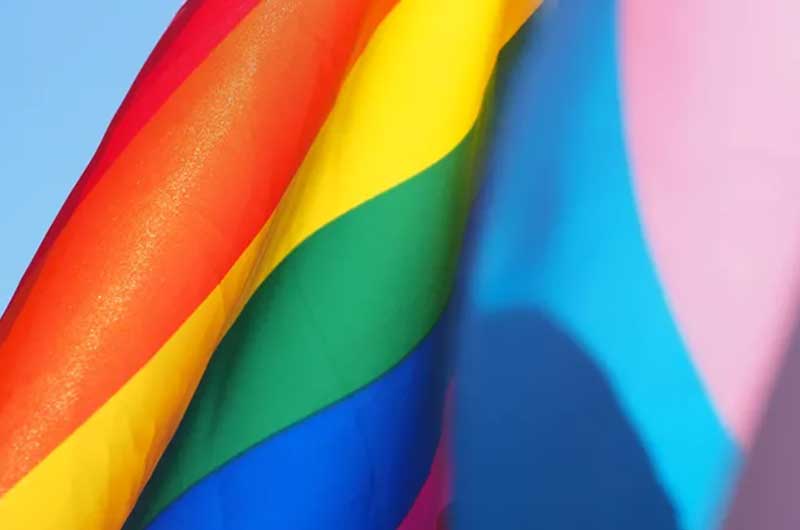Pride is well-known across the world as a significant movement showcasing support for the LGBT+ community. It promotes the removal of stereotypes, instead providing an inclusive and welcoming atmosphere for all. This is particularly important for marginalised and less-visible groups, who may not have otherwise felt able to reach out and connect.
Party or protest?
Actually, it’s both. Pride offers a fantastic opportunity to celebrate as a community in a way that hasn’t always been possible. Individuals can come together and enjoy a vibrant, welcoming and diverse atmosphere. Marginalised groups can meet and connect with one another. Less visible members of the community are able to access vital support and advice. And, for many, it’s a chance to meet with friends and enjoy a feeling of acceptance and freedom within a community people have fought so hard to consolidate.
But the historical significance of Pride cannot be forgotten. In many ways Pride month is an opportunity to protect and stand up for the community and its rights. It originates as a civil rebellion, after all.
A large-scale riot from LGBT+ people on 28th June 1969 (which happened as response to a police raid on the Stonewall Inn) further consolidated the need for people’s voices to be heard. The change brought about by the Stonewall riots snowballed, inspiring other marches, events and protects in America and in the UK. LGBT+ Pride month is now held to commemorate the riots. Brenda Howard, a rights activist, is credited for organising the very first Pride march, and coining the term ‘Pride’ as a way to identify events supporting LGBT+ rights.
This article explaining the history of UK Pride puts into sharp focus its political roots. Homosexuality was only partly decriminalised in 1967, with LGBT+ people facing severe discrimination from thier family and friends, employers and society. About 2,000 people took part in the first London Pride in 1972. The movement celebrated the very existence of LGBT+ people, showcasing defiance in the face of discrimination.
“Where is straight pride?”
This is a question that Pride month often faces, but the reality is that the LGBT+ community needs an opportunity to be visible and ensure individuals receive the support and acceptance they deserve.
There must be a greater understanding between equality and equity. Equality means treating everyone the same, but equity means giving people what they need in order to have the same opportunity for success. Some members of the LGBT+ community face unique challenges and, whilst on paper they may have equal opportunities to succeed, they don’t have the additional levels of support truly required in order to achieve those opportunities for success.
Pride provides some additional support and opportunities for the LGBT+ community, taking small steps towards achieving equity in addition to equality.
Support and advice
Though equality and diversity is steadily improving here in the UK, there is still a long way to go. The LGBT+ community relies on Pride events to share their individual stories and connect as part of an overall community. Individuals will find the support, advice and resources they need to access help. For marginalised and less-visible groups, this support is often difficult to track down without the publicity driven by Pride.
Whilst there are many LGBT+ focussed organisations in the UK, many individuals still could feel uncomfortable or nervous accessing this support. Pride instills confidence and empowers individuals to seek the help and advice they need to succeed and improve their wellbeing.
Here at We Are Wellbeing, we are firm advocates for equality and equity. All individuals should have the opportunity to succeed and thrive both in the workplace and personal lives. Our Associate Trainer, Christopher Hulme, specialises in delivering LGBT+ wellbeing workshops and training. This can be invaluable for businesses and organisations, offering the advice they need to truly support an inclusive workplace culture.
We also work with individuals to help improve wellbeing. From physical health and nutrition right through to mental health and social relationships, we offer the tools and training needed to empower individuals to better manage their own wellbeing. For more information and advice, follow us on social media or get in touch with the team.







